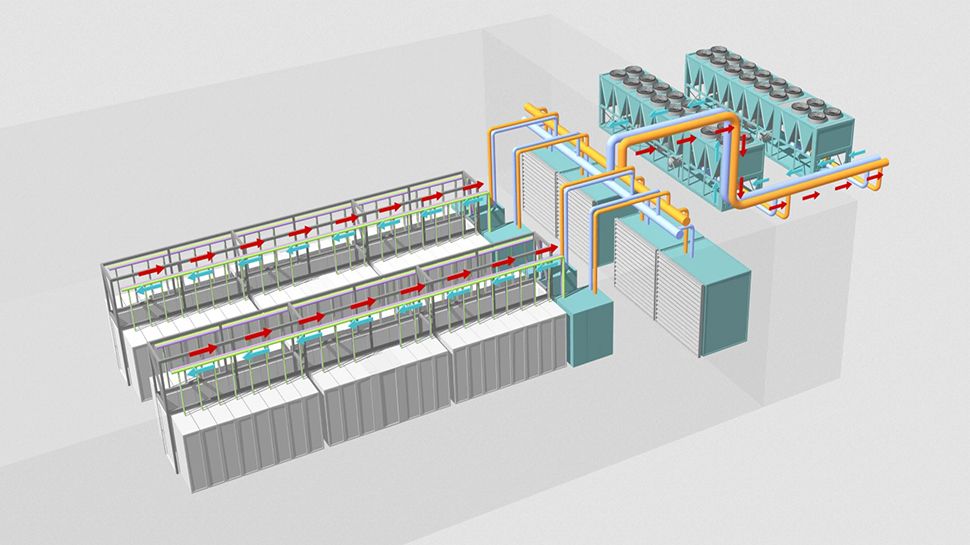Did extreme overclockers inspire Microsoft to develop closed loop liquid cooling for data centers?
Innovative Steps in Data Center Cooling
The tech giant Microsoft has consistently been at the forefront of innovation, particularly in its data center operations. Recently, Microsoft has turned heads by implementing a zero-water evaporation cooling system designed to save enormous amounts of water—over 125 million liters annually per site. This move could potentially revolutionize how tech companies operate globally.
Inspiration from Extreme Overclockers
Enthusiasts who push the boundaries of computer performance, known as overclockers, may have played a role in inspiring this new technology. By observing the cooling techniques used by gamers and PC builders, Microsoft could have found the spark for more efficient, eco-friendly cooling solutions. As overclockers strive for ultimate performance, often employing liquid cooling methods, they inadvertently set the stage for tech giants to adopt similar concepts at a much larger scale.The Role of Water Conservation
As the globe faces increasing water shortages, the significance of Microsoft's innovation cannot be understated. Their zero-water evaporation system effectively eliminates water usage in data centers, heralding a new era for sustainable tech practices. It propels the action from theory into reality, highlighting a growing trend of environmental responsibility in the tech industry.“The greatest threat to our planet is the belief that someone else will save it.” – Robert Swan
Technical Now-How Meets Environmental Responsibility
This technology isn't just about saving water—it's a merging of cutting-edge cooling techniques with sustainable practices. The closed-loop liquid cooling system is not only environmentally friendly but also boosts data center efficiency and reliability. The deployment of this system has led many to speculate about the potential acceleration it could bring to AI and machine learning computations due to improved thermal management.Adapting Gamer Techniques to Industrial Scale
- Liquid-cooling setups once exclusive to high-performance gaming PCs are now global tech infrastructure standards. - By localizing cooling environments using closed loops, data centers can operate at higher frequencies without risking overheating, similar to how gaming rigs maintain peak performance. - This method minimizes hardware stress, potentially extending the lifespan of expensive data center servers.Would you like to see how these systems are installed? Check out this YouTube video that dives into the engineering magic behind these installations.
Future Prospects and Industry Challenges
As the demand for digital services continues to grow, the call for more efficient and sustainable operations becomes glaringly obvious. Implementing such forward-thinking initiatives is crucial, not just for Microsoft but for the entire tech industry. The closed-loop systems are a testament to proactive business strategies, balancing productivity with environmental stewardship.Want to explore further? See how Microsoft partners with sustainability-focused products.
It remains to be seen how soon other tech companies will adopt this model, but the synergy between extreme gaming innovations and large-scale industrial applications marks a new chapter in sustainable technology progress. As companies like Microsoft lead the way, the world watches how this approach will set new standards for what’s possible in a data-driven age.
For those interested in the intricate details of these systems, Harvard Business Review covers similar eco-technologies in depth here.
